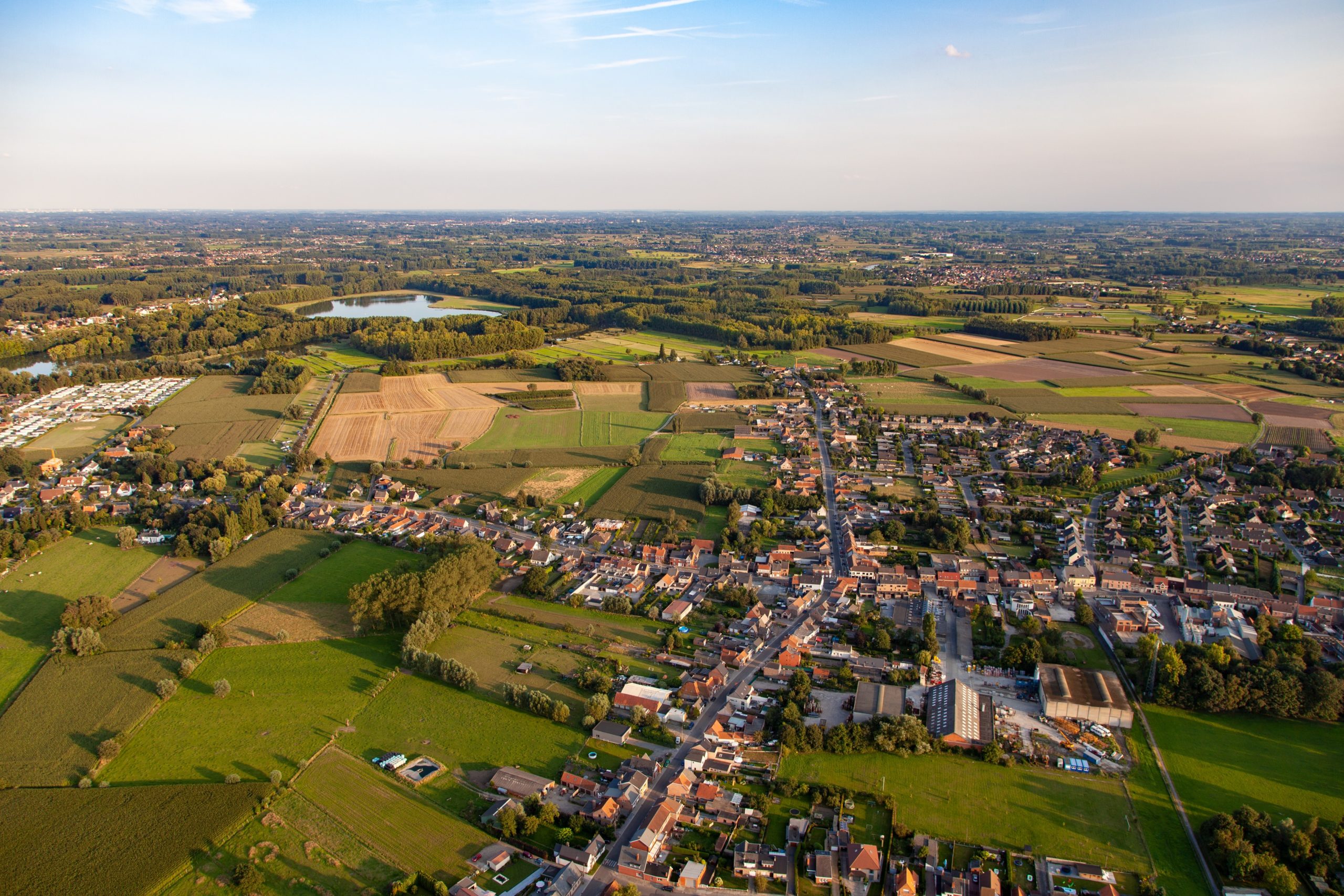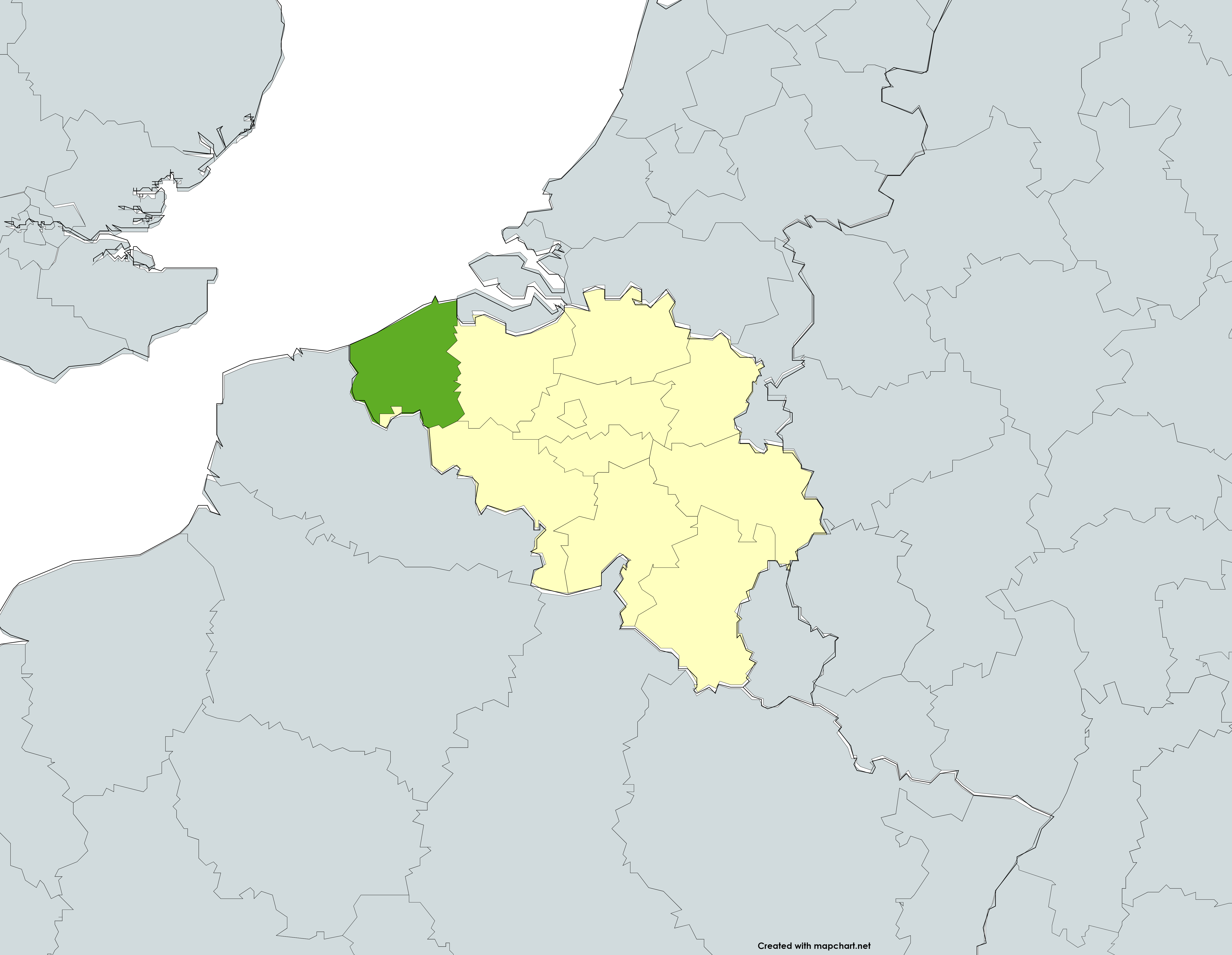
About the Living Lab
In West Flanders, the Living Lab will look into the impact of digital technologies on intensive livestock production, by involving actors of the intensive livestock production chain and policy-makers.
Livestock production in Flanders (Belgium) is characterised by intensive production systems for dairy, beef, pork and poultry. This leads to a number of environmental problems, for example, emissions of GHG, ammonia or Particulate Matter (PM). The emission of harmful substances is highly dependent on the particular management of a farm.
A tailor-made policy based on results would allow to support environmentally friendly farms, and to sanction individual polluters. Farm specific data about environmental friendliness can also change the relation between actors in the value-chain, including producers and buyers (retailers or consumers).
Although the technology to monitor emissions at farm level is available, this is not yet available and affordable to all. Currently, the technology is mainly used in experimental set-ups. Farmers and farmer unions might oppose the development of this technology due to privacy issues and market positioning of farmers who are unable to reach environmental targets.
Living Lab coordinator: Flanders Research Institute for Agriculture, Fisheries and food (EV ILVO)
Domain: Agriculture
Focal question
Objectives
- Assess the impact of individual farm-based monitoring of emissions in the intensive livestock sector for farmers, processors, retail, policy and society, with a particular focus on pig and dairy farming.
- Understand and describe the conditions under which individual farm-based monitoring of emissions should be desirable and be implemented.
- Develop a ‘modus operandi’ for the diverse actors involved, in order to allow for an ethically sound and legally transparent way of dealing with the development and implementation of individual farm-based monitoring of emissions.
Main stakeholders
State authorities
Farmers
Farmers’ organisations
Regional and provincial governments
Researchers and research institutes
Agri-tech companies
Agricultural input providers
Extension officers
Sector organisations
Key documents
Policy brief: Digitalisation in Flemish livestock farming
National Policy Analysis: Belgium
Practice Abstract: Digitalisation and ammonia emissions in Flanders

